UM professor argues we need to make the environment… HUMAN? Why? To protect it.
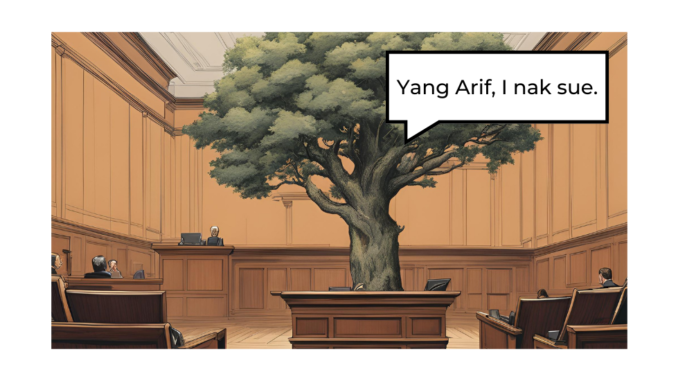
We have heard many cases where the courts have declared things to be “unconstitutional”. This means that actions goes against the constitution.
Just a TLDR, the constitution is a document that contains the highest laws and no other laws can be above it. It outlines what the procedures of government are, what rights citizens have, and the responsibilities of the government to protect and enforce those rights.
In fact, one of the most major rights, the right to your own life (Or the right not to be dead), is the first right that is outlined in the constitution. Protecting your life from any harm and allowing you to live your best life.
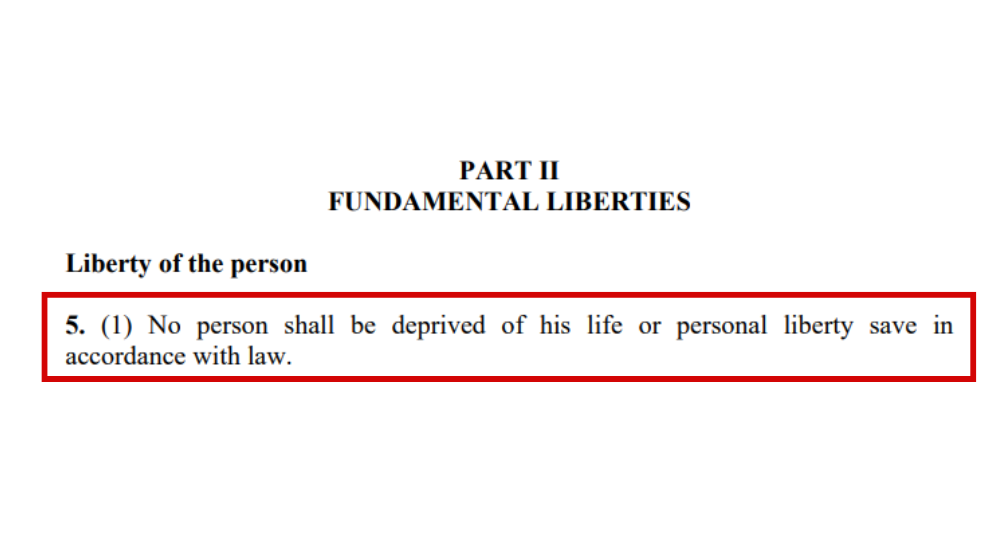
Except…. that your life may not be as fully protected as you might expect. Question is, why?
The constitution protects life, but it does not explicitly protect the things to live life.
Cilisos was invited to participate in the Climate Resilience and Southeast Asia Conference that was held in Parliament on the 12th and 13th of July. The conference aimed to gather lawmakers from across Southeast Asia to discuss the risks of climate change to ASEAN and what we can do about it.
This conference was organized by the ASEAN Parliamentarians for Human Rights (APHR), and co-organized by the Parliament of Malaysia, Ministry of Natural Resources and Sustainability, and the Malaysian National Water Services Commission (SPAN)
Amidst all of the panel discussions, one stood out in particular called “Clean, Healthy, and Sustainable Environment as a Constitutional Right”.
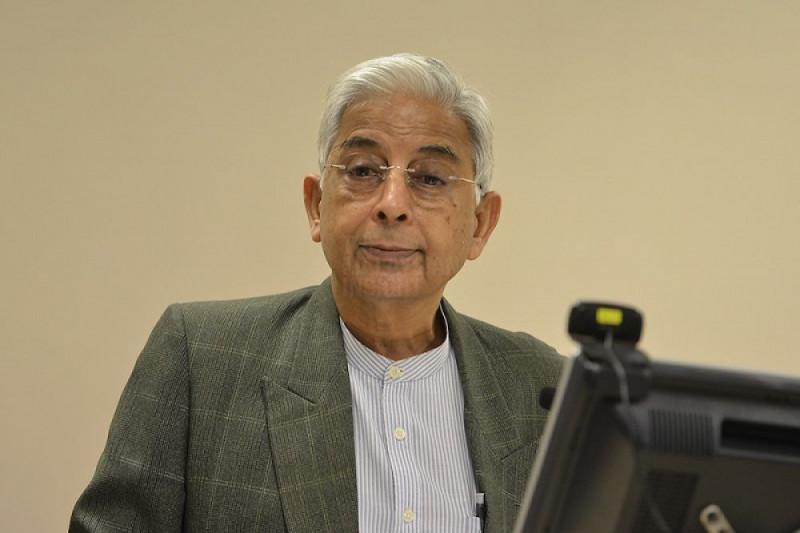
In it Professor of Law from Universiti Malaya, Prof Emeritus Datuk Dr Shad Saleem Faruqi shared:
The concept of life in Article 5(1): “No person shall be deprived of his life or liberty, save in accordance with law,” does not explicitly talk about the need for a healthy and sustainable environment, fresh water, clean air, preservation of ancestral lands, and the right to livelihood. – Prof Emeritus Datuk Dr Shad Saleem Faruqi
The issue isn’t so much about the text itself, but rather how it is interpreted.

Prof Dr Shad Saleem Faruqi has also stated that the reason why interpretation of the clause can be an issue is because Malaysian judges could possibly apply a “Literal Interpretation” of the law. According to LexisNexis, this means that the word of the law and its meaning are understood as their literal vocabulary definition. This also means that the judges believe they should not add further definitions to make sense of the law.
Furthermore, Prof Faruqi also stated while there are some courageous and visionary judges who interpret Article 5(1) to include the essences of life, the interpretations were made “by the way” and it is not the driving force behind the laws.
Therefore, this leaves the rights for a clean environment vulnerable to predatory policies. Especially when article 92(3) empowers the federal government to give effect to development plans.

So, what actions can be taken to protect the environment’s rights?
Now with the issues regarding the environment’s vulnerability laid out, the next question would be, what can we do about it?
Prof Faruqi has proposed a couple of methods, which the rights to a clean environment can be enforced:
- Firstly, it is make the environment a human in the law. Citing some Latin American countries who have done this, the environment can then be represented by committees, trust boards among others. Then, the environment can bring cases to court through its representatives.
- Secondly, specialized courts can be set up that deal directly with nature. This will allow specialized justice to be given to the nature.
- Lastly, make sure that the principle of sustainability in development and management of natural resources is written explicitly within the constitution. Examples of countries that did so include Cuba, Mexico, Thailand, and South Africa among others.
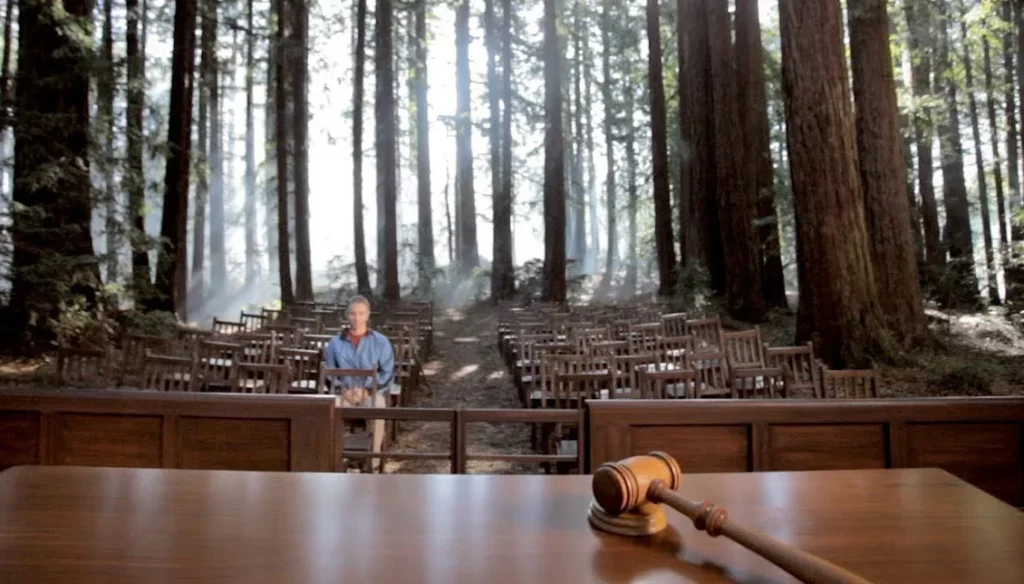
The issue of climate change is a human rights issue.
Now, why this talk about enforcing the law to protect the environment? To put it simply, if the rights to a clean, healthy, and sustainable environment is not protected, the rights of many will be infringed as well.
In the same panel discussion, APHR Board Member, and former Member of the Philippines House of Representatives, Teodoro “Teddy” Baguilat Jr., who in his political career has been a strong advocate for the rights of Indigenous people and minorities in the Philippines, has shared that Parliamentarians, regardless of where they are, must identify those most vulnerable when the environment is impacted.
Among those most vulnerable are those who rely heavily on the environment to survive. This includes the poor, the rural women, children, food producers, indigenous people among others.
If the rights of the environment, which these people rely on heavily to live, how can a person say that they care about these vulnerable groups?
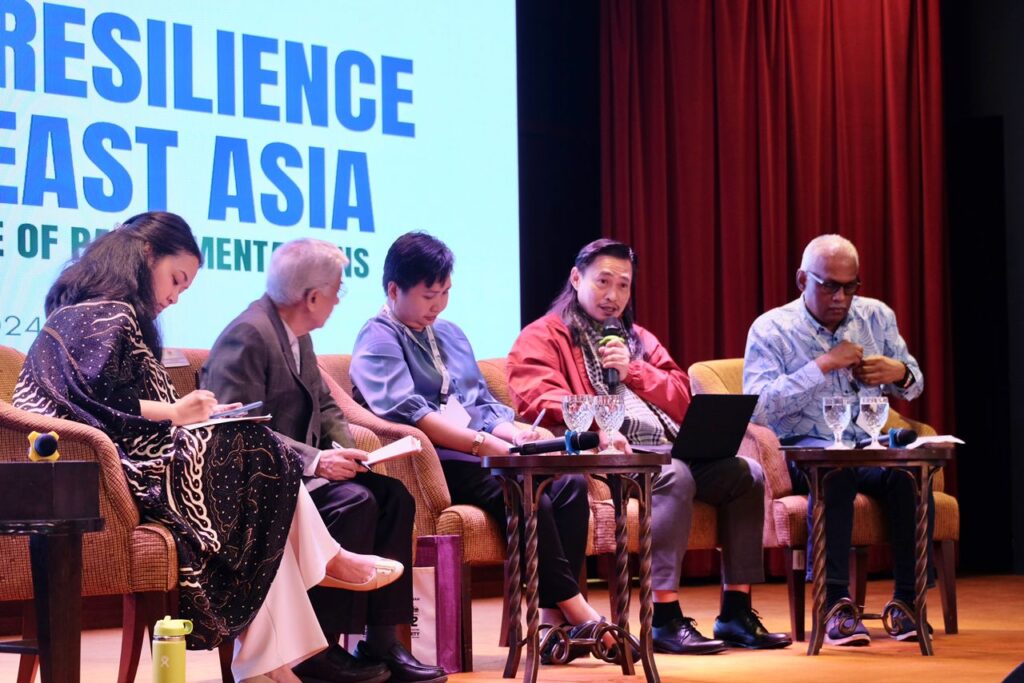
Furthermore, APHR Co-Chairperson and Chairperson of the Malaysian National Water Services Commission, Charles Santiago, has shared that due to the lower rainfall caused by climate change, it can cause conflicts to happen. In fact, according to the Pacific Institute in California, there were 1,630 cases of conflict between people, governments and businesses over access to water.
This is due to the following reasons:
- Low rainfall
- A shortage in water supply
- The areas where conflict happens is because the people rely on one source of water
Clearly, the environment, if not looked after, is causing conflict among people. Which violates their right to safety.
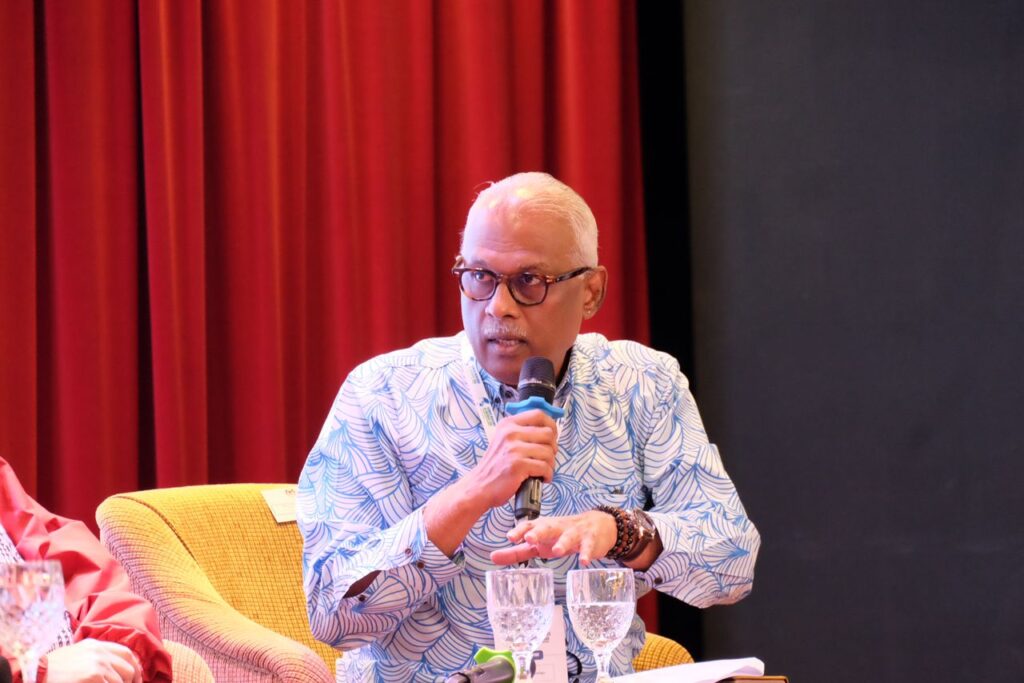
The fact of the matter is, climate change impacts all areas of life. From food, to water, which are the basic needs for human survival. If the issue of environmental rights is not addressed, the other rights that revolve around it will be severely harmed.
The issue of climate change is not a standalone issue. It is an issue which will have a domino effect. And the law should be enforced to ensure that the rights to a clean, healthy, and sustainable environment must be upheld.
To listen in on the panel discussion that was held during the conference, click here to view. To learn more about APHR, follow their Facebook, Instagram, and X pages.
